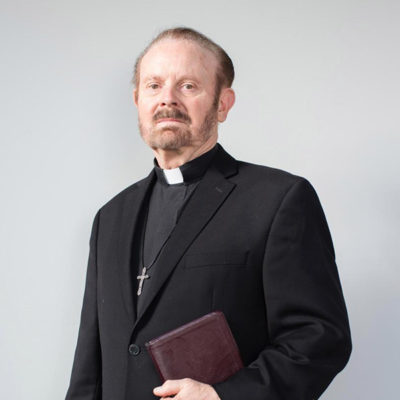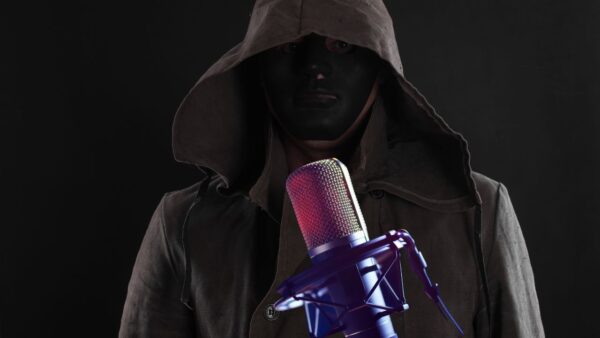 Thursday, Nov 6, 2014
Last Saturday, Brittany Maynard at age 29 murdered herself and became the face of the right-to-die movement in America. (I reported on this last week. To read that blog CLICK HERE.) Maynard had moved to the state of Oregon, which has the country’s most liberal euthanasia laws. Suffering from terminal brain cancer, Brittany took a lethal concoction of drugs and exited life with the words, “Goodbye world. Spread good energy. Pay it forward.” Just days later, in the same state, Jillian McCabe threw her six-year-old son off a bridge on the Oregon coast. McCabe has been arrested on murder charges. Both incidents in Oregon. Interesting. Any connection? Let’s explore this further.
Who was the legal guardian of the murdered child? The mother. Let’s suppose that the infant had been suffering, like Maynard, from an incurable, terminal disease. The six-year-old could not have likely committed suicide by herself, but what if her mother did it for her? Instead of an overdose, a toss off a high bridge. If the child were facing a soon and suffering death, as was Maynard, what’s really the difference? Both acts result in death. Both are acts of murder, Maynard to herself and McCabe acting with legal parentage, in my hypothesized example.
Yes, I realize there’s no evidence that the McCabe child was terminally ill. I’m just asking a “What if?” question, a hypothetical moral query. What truly separates the two acts is not the disgust at the murder of a child or the squeamishness we feel at the image of a small body flung from a bridge. In fact, at a fundamental level of ultimate rectitude, what might someday prevent a parent from ending the life of a terminally ill child the same way Maynard ended her life? It’s done every day to unborn children in the womb who are not terminal. My point? We’re on a slippery slope here and who can say where it might end up. Many civilizations of the past have practiced systematic infanticide. Sometimes it was for economic reasons and other times it was sex-selective. It was fairly common among the ancient Romans until Christian beliefs took hold. It was, in fact, the first Christian emperor Constantine who outlawed the so-called “exposure” of infants in A. D. 313.
“Spread good energy?” Self-murder is a demonic act and Maynard was deceived by evil spirits. “Pay it forward?” Her self-induced death was paying it backwards for the values of Western Civilization in general and our societal rejection of Christian morals in particular. I don’t take lightly the suffering she sought to avoid, but death is final and eternity is forever, and that is a comparison the devil hid from the eyes of both Maynard and McCabe.
An encouraging word: REJOICE IN YOUR SALVATION “I will rejoice in Your salvation,” David said in Psalm 9:14. Most of us who are Christians did that in the beginning, when we first found the Lord. Remember your excitement and exuberance at finding God’s joy and peace? Over time, it can become just a distant memory and we are in danger of going through the motions of Christian living. We do what we believe is right. We go to church and say all the right things, but somehow the joy isn’t there. We’ve lost the deep emotion of our first love. It would be a good idea if you and I today were to reflect for a few moments on what it means to be saved and recapture those forgotten feelings. Today, rejoice in your salvation.
Bob Larson has trained healing and deliverance teams all over the world to set the captives free and Do What Jesus Did� (Luke 4:18). You can partner with Bob and support this vision to demonstrate God’s power in action by calling 303-980-1511 or clicking here to donate online. |







